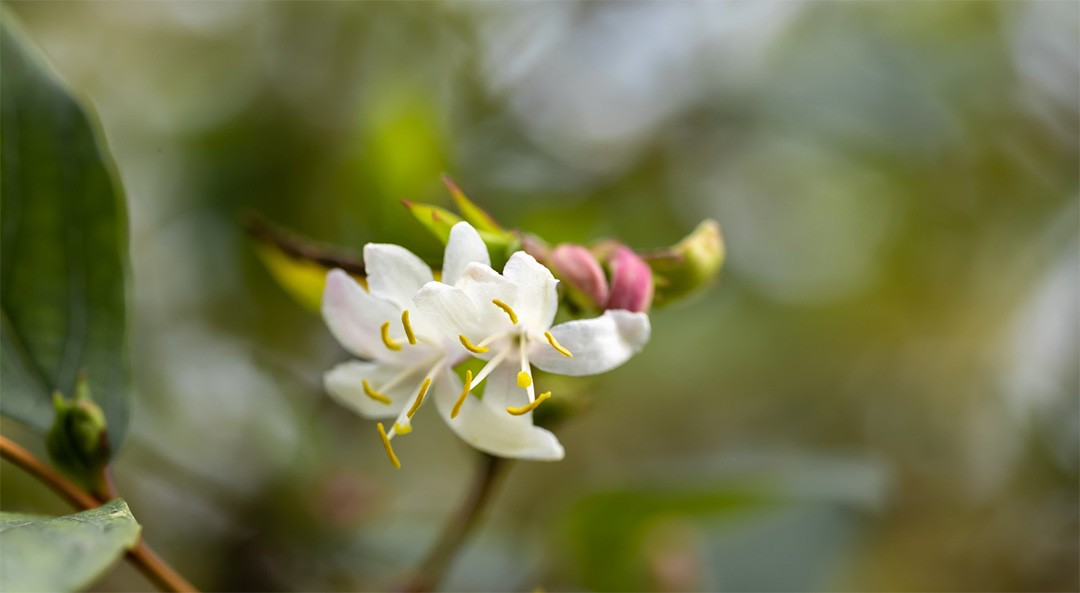Lemongrass is known in most Malaysian households as a kitchen staple. However, a new study shows that the plant’s often overlooked flowers may hold promising biomedical value.
Working with researchers from India, Saudi Arabia, Malaysia, and the United States, the team found that flower extracts from lemongrass can produce silver nanoparticles with strong antibacterial and anticancer properties. These nanoparticles were created using a green synthesis method, avoiding toxic chemicals and high temperatures.

Lemongrass flowers—often overlooked in favour of the plant’s leaves—show potential in green nanotechnology and medical research.
In lab tests, the particles effectively suppressed harmful bacteria and significantly reduced the growth of lung cancer cells. The results indicate a safer, more sustainable path for medical research and treatment development.
Professor Ts. Dr. Wong Ling Shing, Pro Vice-Chancellor (Research & Innovation) at INTI International University, said the study brings renewed attention to a familiar plant.
“Our work with lemongrass demonstrates that simple, natural ingredients can be powerful when paired with responsible science,” said Prof. Wong. “The silver nanoparticles synthesised from the flowers showed excellent biological activity, while aligning with sustainability goals in science and healthcare.”

Professor Ts. Dr. Wong Ling Shing, Pro Vice-Chancellor (Research & Innovation) at INTI International University, contributed to the international research on green synthesis of silver nanoparticles using lemongrass flowers.
While lemongrass is widely used for its leaves and essential oils, this study focused on the plant’s flowers. Researchers found that the flowers contained a richer mix of bioactive compounds than the leaves, producing more effective nanoparticles. These compounds also served as stabilisers during the synthesis process, eliminating the need for additional chemical agents.
The method fits into a growing global interest in green nanotechnology—an area focused on eco-friendly and sustainable production of functional materials for medicine, agriculture, and beyond. Compared to conventional methods that often rely on hazardous substances and energy-intensive processes, the lemongrass-based approach is cleaner, low-cost, and uses materials that are readily available and culturally accepted.
“Lemongrass is accessible, affordable, and already part of daily life in many communities. This gives it real potential as a sustainable input in medical applications,” Prof. Wong added. “This project reflects our commitment to research that benefits both people and the planet.”
While more studies and clinical trials are required, the findings offer a strong starting point for future development of plant-based medical applications. The research also reflects a growing focus on sustainability-driven innovation, using science to uncover new value in familiar resources.